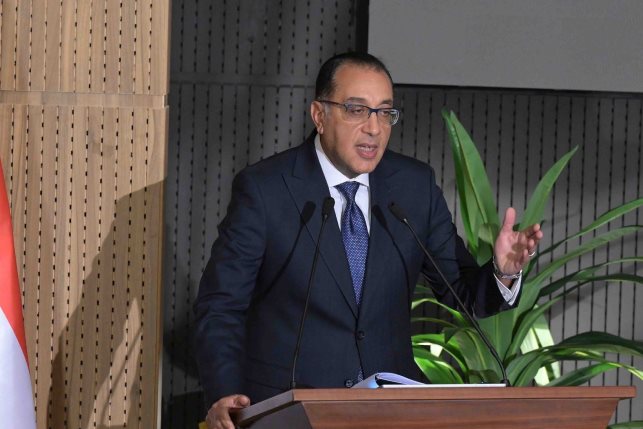NielsenIQ releases Consumer Outlook for 2024, “a year of redefined consumer value”
This evolution in consumer preferences reflects a growing emphasis on financial prudence and the desire for products that meet essential needs without exceeding budgetary constraints

According to NielsenIQ, there has been a notable shift in consumer behavior, as preferences have increasingly leaned away from premium market offerings towards more economically priced options within the mainstream or budget-friendly tiers.
This evolution in consumer preferences reflects a growing emphasis on financial prudence and the desire for products that meet essential needs without exceeding budgetary constraints.
As stated in the report, 95% of Egyptian consumers have changed how they shop for FMCG – with preferred saving strategies being: shopping only for essentials (32%), and shopping more often at discount/value stores (30%).
This trend signifies a broader change in purchasing habits, where the allure of premium products has been outweighed by the appeal of affordability and the practical benefits of cost-effective alternatives. This was clearly witnessed in the Beverages category, specifically where there was a decent growth of 15% in consumption sales towards some affordable brands and multi-serve packs driven by better values to consumers.

Courtesy of NielsenIQ
These findings appeared in “Consumer Outlook 2024", the latest NielsenIQ Thought Leadership report capturing the mindset and sentiment of consumers around the world.
“Egyptian consumers are progressively adopting new shopping behaviors that prioritize affordability, potentially sidelining higher-priced items. This trend is causing a gradual evolution in the overall market landscape, where there is a clear shift towards budget-conscious product choices. This transformation is evident across various facets of the market, including the channels through which products are sold, the pricing strategies employed, and the consumer habits that are increasingly driven by a desire for value. As a result, businesses are adjusting their offerings to cater to this demand for cost-effectiveness, ensuring that their products not only meet budget constraints but also maintain consumer interest and satisfaction. This move towards more economically priced options is reshaping the marketplace, making affordability a key factor in purchasing decisions,” explains Nihal Elkoussi, NielsenIQ’s Managing Director in Egypt.
Other key findings from the report on Egyptian consumers:
• Although cost of living remains top of mind, 66% are optimistic their financial situation will be better by the end of 2024.
• Healthy living is the top life priority influencing consumers: more than a third of consumers want to build, maintain or improve their health and wellness, while 66% would try a new product because it is better for their health.
In a big and widely penetrated category as Snacking in Egypt, Kettle Cooked Snacks reported a significant growth of 63% in volumes sold during the year ending Q1’24.
• Almost two thirds of consumers (65%) would choose a product or service because it has sustainable credentials, while about the same would purchase a product that has innovated to make it as affordable as possible (68%).





